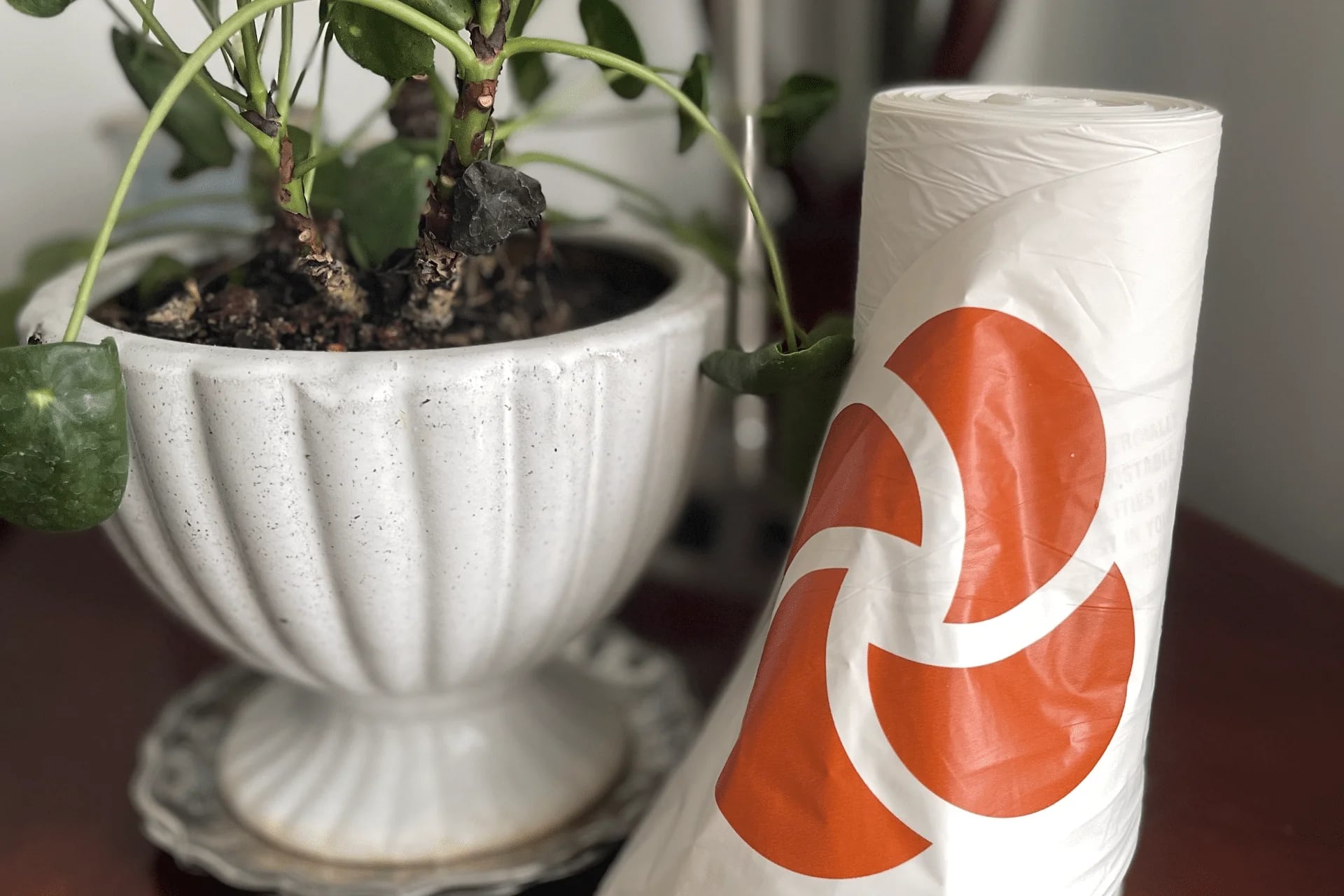Plastic pollution has become one of the most pressing environmental issues worldwide. As global societies strive towards sustainability, innovative alternatives to single-use plastics emerge to mitigate the damage done to our ecosystem. One such alternative is Plastno compostable bags, which offer environmental advantages over traditional plastic bags by significantly reducing our plastic footprint.
In this informative article, we will unveil the manufacturing process behind Plastno compostable bags, explore the materials that comprise them, and discuss their potential impact on our environment. As we journey through the world of Plastno compostable bags, you will discover how these revolutionary waste-management solutions are eco-friendly and highly functional, illustrating that adopting sustainable practices does not require sacrificing effectiveness or convenience in our daily routines. Join us as we go beyond plastic and learn how small changes can make a big difference.
Understanding the Plastno Compostable Bags Manufacturing Process
Before discussing their environmental benefits, let's take a closer look at the manufacturing process of Plastno compostable bags. Unlike traditional plastic bags, which are petroleum-based, these bags are made from plant-based materials such as cornstarch and polylactic acid (PLA). The process begins with corn being harvested and milled, after which cornstarch is extracted. Microorganisms then ferment the cornstarch to create the building blocks for the PLA polymer. The polymer is subsequently transformed into pellets that are shaped, heated and cooled to form lightweight, durable, and biodegradable Plastno compostable bags.
Deciphering the Importance of Certification
To assess the environmental attributes of compostable bags, third-party organizations provide certifications that verify their compostability. One such organization is the Biodegradable Products Institute (BPI), which ensures products meet rigorous compostability standards. Plastno compostable bags are certified by BPI, guaranteeing their eco-friendliness and adherence to ASTM D6400, the standard specification for compostable plastics.
Receiving certification from BPI means that Plastno compostable bags have undergone extensive testing to confirm that they will successfully degrade in a commercial composting facility within a specified timeframe.
Contrasting Plastno Compostable bags with Traditional Plastic Bags
When comparing Plastno compostable bags to traditional plastic bags, several key differences become apparent:
- Material composition: Traditional plastic bags are made from petroleum-based materials, while Plastno compostable bags use eco-friendly, plant-based resources like cornstarch.
- Decomposition rate: Compostable bags break down within a few months in industrial composting facilities, whereas traditional plastic bags can decompose anywhere from 10 to 1,000 years. This difference in decomposition rates significantly decreases the environmental impact of using compostable bags.
- Emissions and resource use: The production of traditional plastic bags relies on fossil fuels, which contributes to greenhouse gas emissions and resource depletion. In contrast, Plastno compostable bags utilize renewable resources, reducing greenhouse gases and promoting a circular economy.
- Compostability: Unlike traditional plastic bags, Plastno compostable bags can be fully broken down into water, carbon dioxide, and organic matter in the presence of microorganisms, enabling them to contribute positively to soil fertility.
The Importance of Proper Disposal
Despite their many advantages, compostable bags must be disposed of correctly to reap their full environmental benefits. The most appropriate disposal method for Plastno compostable bags is in commercial composting facilities, where the bags can decompose in controlled conditions. To facilitate proper disposal, be aware of the composting facilities in your area and adhere to their disposal guidelines.
It is essential to note that compostable bags should not be discarded as traditional recyclables, as they can contaminate the recycling process and harm the end products. Additionally, avoid disposing of them in landfills, as they will not break down efficiently without the optimal conditions in composting facilities.
Common Applications of Plastno Compostable Bags
Plastno compostable bags are versatile and useful in various settings, such as:
- Waste management: Substitute traditional trash bags with compostable ones to lessen plastic waste in landfills and encourage sustainable waste disposal practices.
- Pet care: Utilize Plastno compostable bags for pet waste management. Collect dog waste during walks or dispose of used cat litter while significantly reducing plastic pollution.
- Yard and food waste: When collecting food scraps or yard waste for composting, use Plastno compostable bags as liners in compost bins, making clean-up more manageable and supporting eco-friendly waste disposal.
- Shopping: Replace single-use plastic bags with reusable totes and Plastno compostable bags for fresh produce, reducing plastic waste from grocery shopping.
Promoting Sustainability with Plastno Compostable Bags
Integrating Plastno compostable bags into daily routines is a practical step towards reducing plastic pollution and adopting sustainable waste management practices. By understanding their environmental advantages, learning about their certification, and disposing of them correctly, individuals and communities can contribute to a healthier planet.
Aside from using Plastno compostable bags, other actions can complement your transition towards a more sustainable lifestyle, such as adopting zero-waste practices, choosing products made from recycled materials, and reducing overall consumption.
The journey of Plastno compostable bags displays the potential for innovative solutions to reshape our relationship with waste management and reduce our environmental footprint. Whether in the manufacturing process or our day-to-day practices, every step counts when moving towards a more sustainable future.
Elevate Your Sustainable Lifestyle with Plastno Compostable Bags
Plastno compostable bags are an innovative and eco-friendly alternative to conventional plastic bags. Their plant-based manufacturing process, certified compostability, and versatility in various applications make them valuable in the quest for sustainable waste management. Aligning your lifestyle with environmental integrity is attainable by incorporating products like Plastno compostable bags and committing to responsible waste disposal practices.
Make the switch to a greener choice by exploring Plastno’s range of high-quality, compostable bags. Empower yourself and your community to contribute to a healthier planet and become part of the sustainable waste management revolution. Act now and take the first step towards a more responsible, eco-conscious future with Plastno compostable bags.






Share:
The Do's and Don'ts of Cleaning with Vinegar: Expert Tips
Zero Waste Kitchen: The Ultimate Guide to Sustainable Cooking and Cleaning